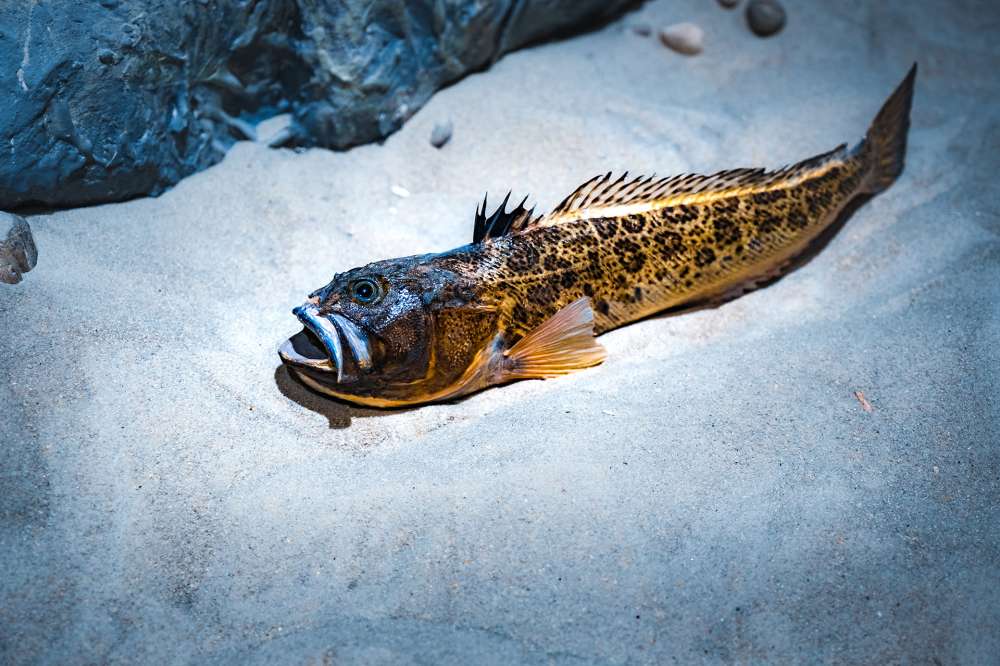
Beachgoers across Cornwall are being urged to take extra care as RNLI lifeguards report a spike in painful weever fish stings this week, just as warmer weather and the half-term holidays draw crowds to the coast.
The tiny but venomous weever fish, typically no more than a few inches long, have made their annual return to the county’s sandy shallows. Though small, these fish pack a powerful sting from their sharp dorsal spines — often buried just beneath the surface of the sand where unsuspecting paddlers and children play.
A Hidden Danger Beneath the Sand
Known hotspots for weever fish activity include popular beaches such as Perranporth, Fistral, Polzeath, Towan, Praa Sands, Gwithian, and Portreath. These warm, shallow waters are perfect for both swimmers and weever fish, which hide under the sand waiting to ambush prey — or unfortunately, the foot of an unwary visitor.
The sting has been described as “like stepping on a burning needle,” with pain that can radiate up the leg. While not typically dangerous, the sting is extremely painful, especially for children, and can quickly ruin a relaxing day at the beach.
Prevention is Simple: Wear Beach Shoes
To avoid getting stung, RNLI and safety officials strongly advise wearing protective footwear in the sea and on wet sand. Flip-flops, crocs, wetsuit boots or even old trainers can help prevent injuries from weever fish, as well as protect against glass, shells, and hot sand.
What to Do if You’re Stung
If you or someone with you is stung:
Seek help from the nearest RNLI lifeguard.
Soak the affected area in hot (not boiling) water for 60–90 minutes.
Keep the area clean and elevated. Seek medical attention if pain persists.
As beach safety campaigns ramp up, locals and tourists alike are encouraged to share their experiences to raise awareness. The RNLI is calling on anyone who’s been stung in the past to comment and share their story on social media to help spread the word.
Stay Safe, Cornwall
With simple precautions, Cornwall’s beaches remain a safe and stunning destination for all. So pull on those beach shoes, watch your step, and enjoy the coast — without any nasty surprises.